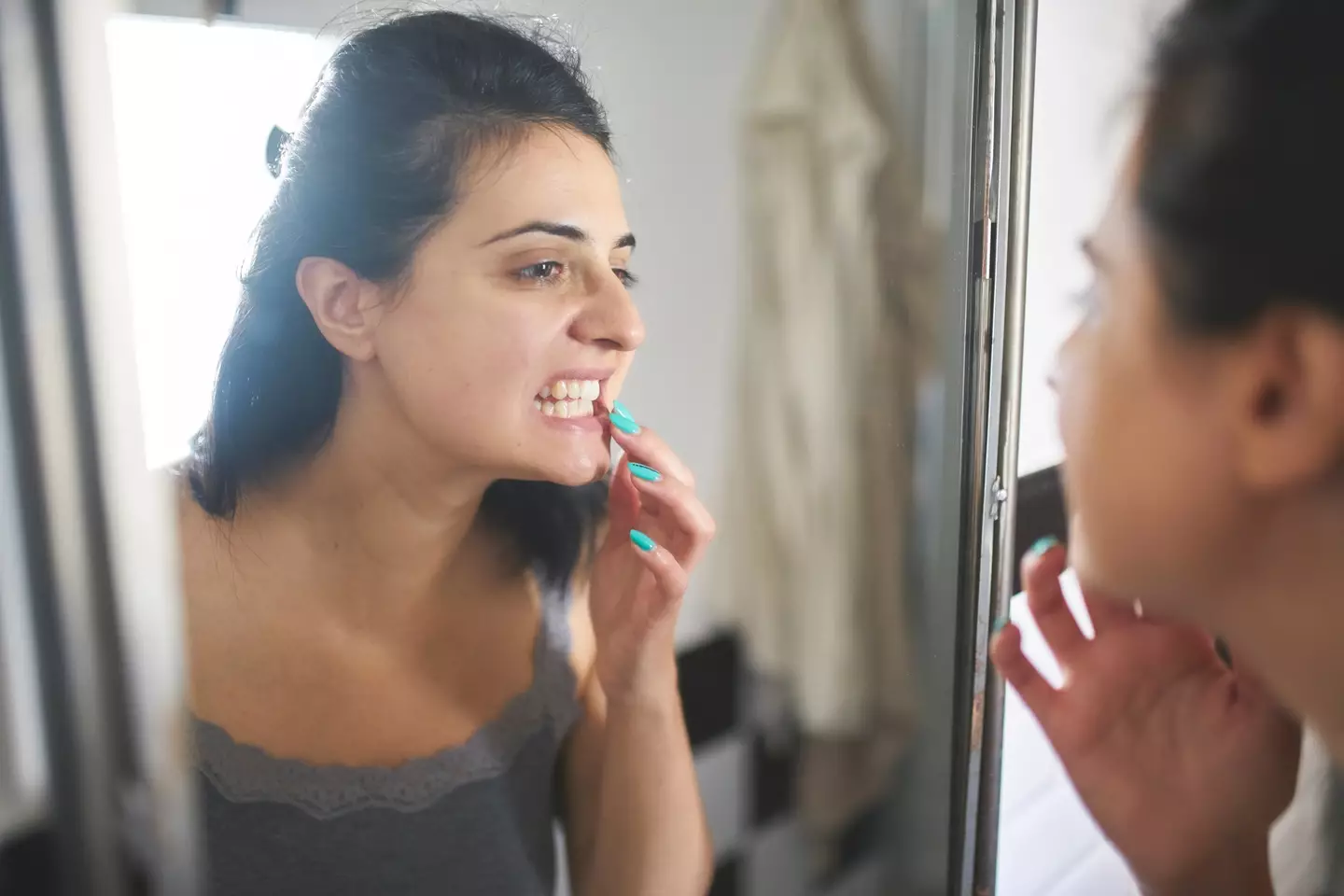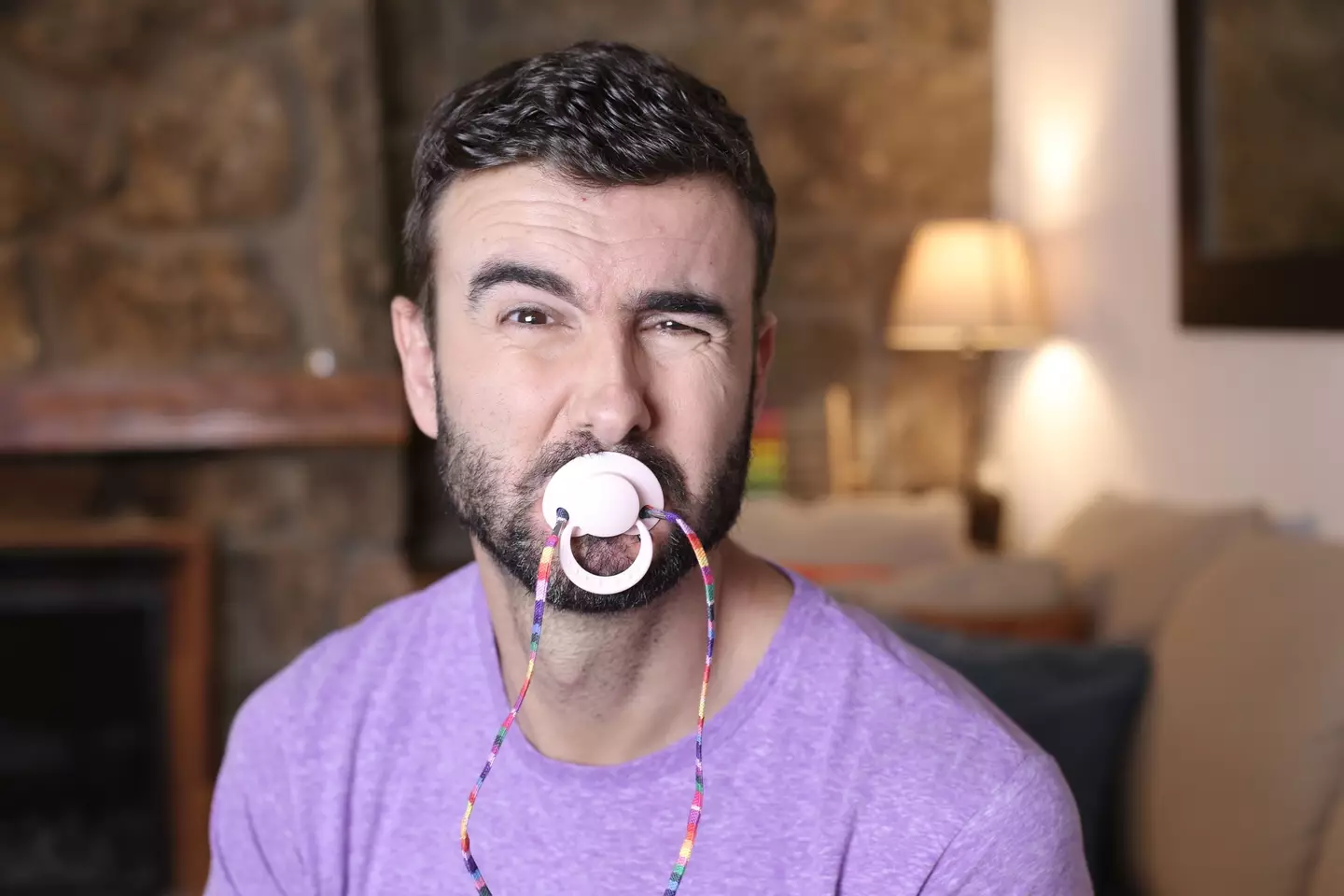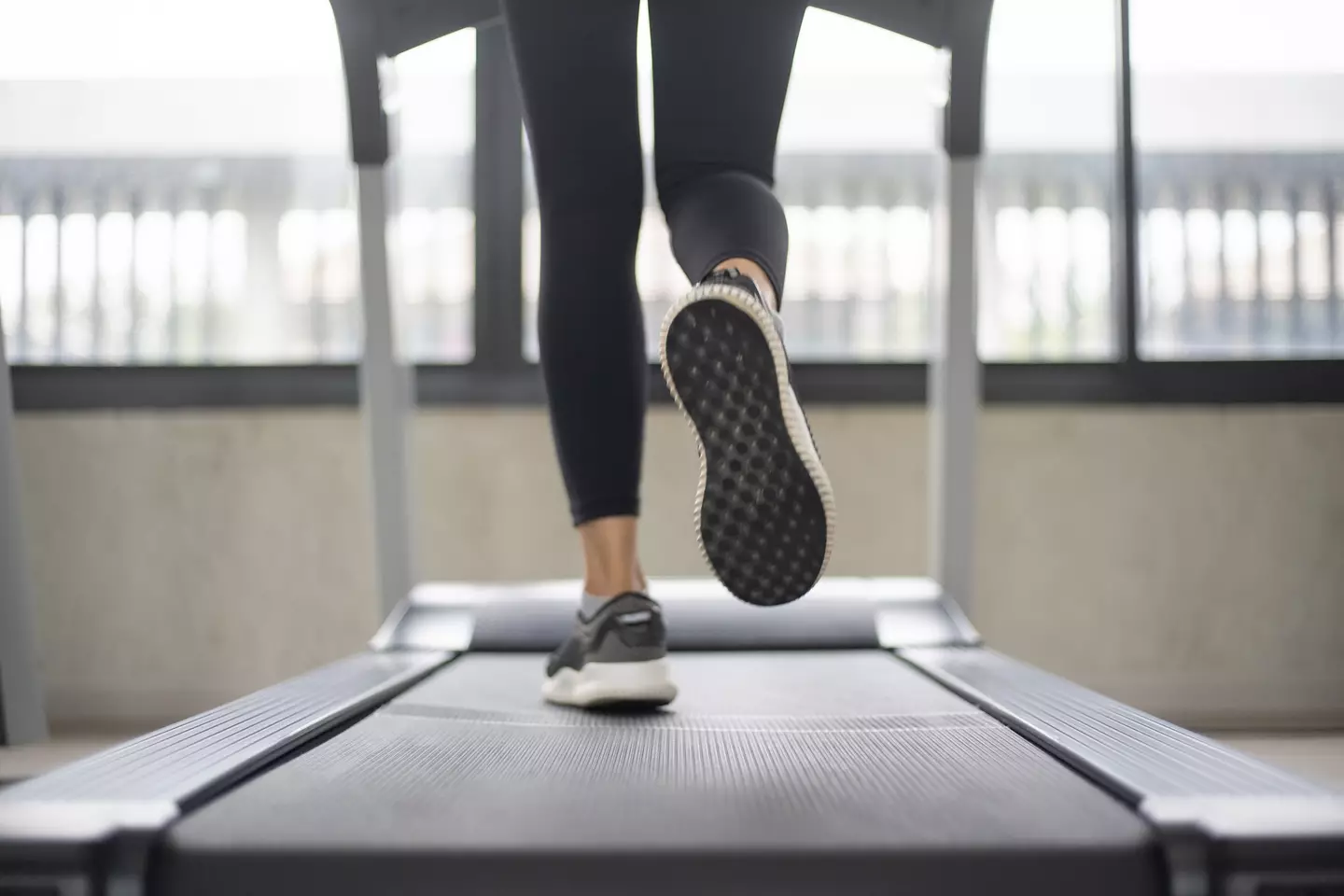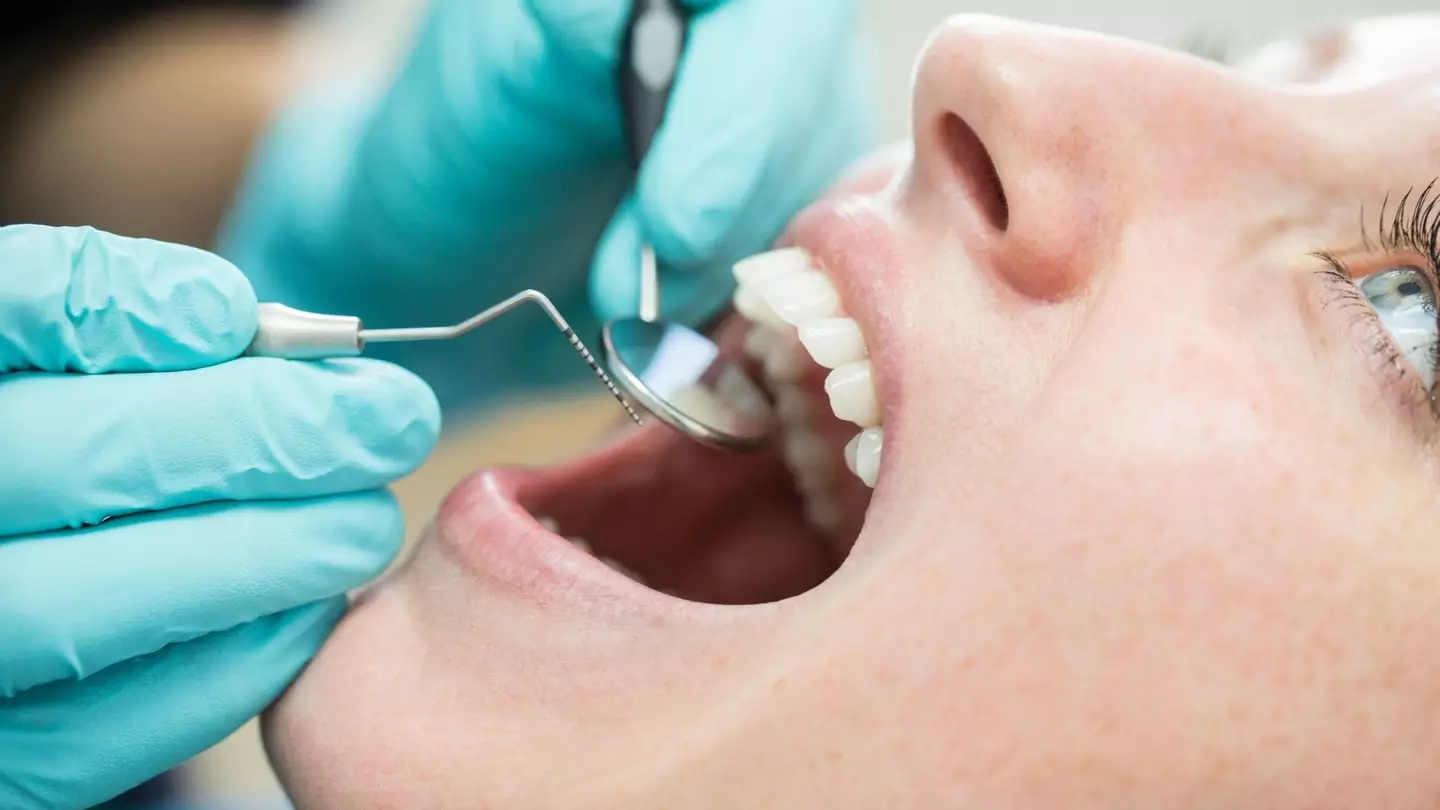An emerging viral trend that claims to alleviate anxiety might be jeopardizing our dental health. Numerous methods exist to tackle mental health issues, from the 5-4-3-2-1 grounding technique to regular physical activity.
However, solutions that work for one person may not be suitable for another, leading to the rise of an unconventional trend on social media platforms.
This recent craze seems to have started in China, amassing over 68 million views on Douyin, a popular video-sharing app. It has since made its way to the Western audience via TikTok.
Many individuals who have tried this trend report feeling more relaxed, experiencing less anxiety, sleeping better, and even reducing their snacking habits. Some have even attributed weight loss to this practice.
So, what exactly is this trend? If you thought it might be a new form of meditation or an unusual exercise, think again.

The practice involves adults using pacifiers. Yes, you read that correctly.
These specially designed pacifiers are larger than those made for babies and are believed to help reduce stress by stimulating oral sensory receptors, similar to the way crunchy foods can be soothing for some people.
According to a report by China Daily, adult pacifiers have become popular on e-commerce sites such as Taobao, with some sellers reporting sales of over 2,000 units each month.
This trend, while gaining traction, is raising red flags among health professionals, particularly concerning potential dental issues and emotional dependence.

Unlike children, whose teeth and jaw can adjust after using pacifiers, adults risk permanent dental changes, such as developing overjet, where the upper teeth significantly protrude over the lower teeth.
This condition not only affects aesthetics but can also lead to practical problems with eating and speaking.
Allen Zhang, CEO of ProDENT, a leader in dental health technology, stated: “Using adult pacifiers for stress relief might seem harmless at first, but it can cause serious dental problems over time.”
Zhang noted an increase in adults with misaligned teeth and overjet who regularly use pacifiers.
“In children, this is often temporary because their bones are still growing and can adapt,” he added.
“But in adults, the jaw structure is set. When we see overjet developing from pacifier use, those teeth aren’t moving back on their own.”
Adults engaging in this trend are advised to monitor any changes in their dental health and discuss concerns with a dentist.

Psychologists caution that using pacifiers might prevent adults from addressing the root causes of their anxiety.
Dr. Hamilton Gaiani from FirePit Health explained: “Relying on a temporary comfort like a pacifier can delay the resolution of deeper emotional issues. Instead of masking anxiety, adults should focus on confronting and addressing the root causes for lasting mental well-being.”
Alternative methods for temporary relief include chewing gum, using fidget toys, or squeezing stress-relief balls.
Other stress management techniques include exercise, relaxation practices, or pursuing new hobbies.
Allen concluded: “As adult pacifiers become more popular, it’s important to know the risks for your teeth. They might help with stress for a little while, but using them too much can cause problems.”
He advised seeking alternative stress-relief methods and maintaining regular dental check-ups to ensure oral health.

